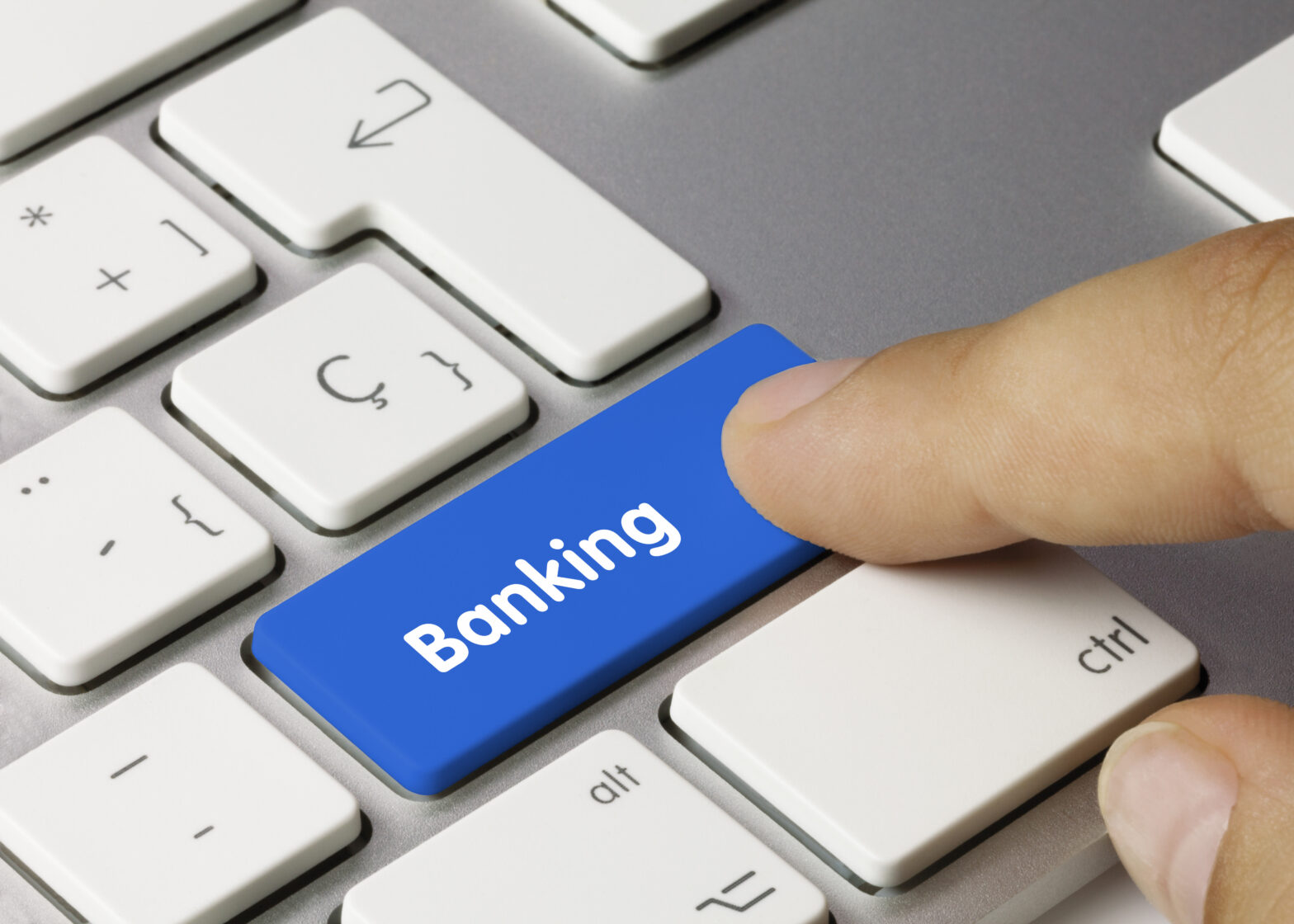What is the BBRS?
The Business Banking Resolution Service was launched in February this year, and is already helping small businesses who have had problems with their banks.
It is a free, voluntary scheme involving seven of the main business banks. Between them, these seven banks cover over 90 per cent of the SME banking market in the UK. It deals with unresolved disputes between larger SME customers and their banking services providers.
It is independent and the banks – which have signed up to a contract detailing the service – must accept its determinations. The BBRS can help UK registered businesses, partnerships, trusts, charities, friendly societies and co-operative societies.
How does it differ from the FOS?
The Financial Ombudsman Service (FOS) is a scheme set up by statute for individuals and smaller SMEs. The BBRS has been designed so that it does not overlap with the FOS, but rather dovetails with the FOS’s rules. If your SME is not the right size for one it is likely to be right for the other, and the BBRS will refer you to the other organisation if it cannot help.
I’m a small business – can the BBRS help me?
It depends on your size and when your complaint relates to. There are two types of case it can deal with: historical or contemporary.
- For historical cases (from 1 December 2001 to 31 March 2019) businesses too large for FOS must have a turnover of less than £6.5m per annum; and total assets up to £5m
- For contemporary cases (from 1 April 2019 onwards) businesses too large for FOS must have a turnover/income of less than £10m per annum; and total assets up to £7.5m.
You need to be a UK-registered business, trust, charity, friendly society or co-operative society.
You also need to be a business customer of one of the banks in our scheme (or one of their subsidiaries). The banks are:
- Barclays
- Danske Bank
- HSBC UK
- Lloyds Banking Group (including Lloyds Bank and Bank of Scotland)
- NatWest Group (including Royal Bank of Scotland, NatWest and Ulster Bank Northern Ireland)
- Santander UK plc
- Virgin Money (including Clydesdale Bank and Yorkshire Bank)
How do I use the service?
The easiest way is to register through the BBRS website. The process is simple. You might, instead, want to talk to the BBRS or email it first. It is worth discussing the different features of its service to ensure you are within the scope of what it does. You do not need a legal adviser or a claims management company to help you. The service is designed to be used by people themselves. Once your case is underway, the BBRS will assign you a “customer champion” to help guide you throughout the process.
My complaint is quite old – will it still be listened to?
Yes, potentially – the BBRS can take cases dating back to December 2001, providing you fit in within the limits on business size. Remember – you need to have already made a complaint to your bank that you feel has not been properly dealt with. That is where the BBRS comes in.
I had a problem because of coronavirus – does that count?
Yes, potentially. The BBRS can help if you have had a problem with a CBILS loan for example. Bounce Back Loans are, however, specifically excluded from the scheme – these were aimed at smaller SMEs. But you may also have had a problem with your general banking services during the pandemic, and the BBRS may be able to help if you feel the bank hasn’t properly dealt with your complaint about what they did.
I think I lost money because of what my bank did – how can BBRS help?
The BBRS can order the bank to make a payment to you. The banks are bound to pay awards made by BBRS within the limits in the scheme rules. For cases in the historical scheme this is £350,000, in line with the Financial Ombudsman Service. For the contemporary scheme, it is £600,000. BBRS can and will, however, recommend an award above these amounts, where appropriate, and the bank is required to consider these recommendations reasonably and in good faith. The banks have formally acknowledged the expectation that they will pay amounts the BBRS recommends above the binding limit, but it is ultimately their decision whether or not to do so.
Where the BBRS makes a recommendation, the bank should let the resolution service and the customer know whether they will meet it before the customer has to decide whether or not to accept the award. If a bank agrees to meet the BBRS’s recommendation, it will become binding on them like the rest of the award. If it declines to do so, it must give its reasons to both the customer and the BBRS.
The company that had a problem with the bank is out of business now – am I too late?
Possibly not. The BBRS may still be able to help. It does have special rules relating to companies that have been dissolved. The situation can be complex but it may be able to help, so the resolution service recommends getting in touch as soon as possible.
I’m not sure if I qualify for the scheme – what should I do?
The BBRS encourages all SMEs of the size it was set up with to lease get in touch and register for its service
What is ADR and how is it better than going to court?
Alternative Dispute Resolution (ADR) is exactly what it says – an alternative way of resolving a dispute. With the BBRS, that could mean a negotiation followed by a settlement between you and the bank, or some form of mediation by us between you and the bank, or an investigation by the BBRS followed by a decision from us about your case (“investigative adjudication”).
Its processes allow for much more flexibility than the rigid rules that are usually involved in litigation, and its assessments are on a “fair and reasonable” basis, rather than what is “legal”.
Many people find these processes less stressful and less risky than going to court, which can take a long time, be expensive and expose you to the risk of paying the other side’s costs.
How can I get advice about my case?
You don’t need a lawyer or a claims manager. Get in touch and the BBRS will be able to guide you throughout the process. If your case is right for the BBRS, it will provide you with a customer champion, who will help you go through the different stages.
My bank isn’t listed – does that matter?
Yes – the BBRS can only take on cases from banks that are part of the scheme or one of their subsidiaries. You may want to let the BBRS know about your complaint, as it will keep a record of the number of cases relating to banks which are not in the scheme, as part of its work includes encouraging all banks to join.
I have a disability – can the BBRS help me?
Yes – the BBRS will make reasonable adjustments to ensure that you can use the service easily.
Will the BBRS keep my personal information confidential?
Yes – the BBRS says your personal information will only be used for the purpose of resolving your complaint. However, it asks for your permission to share information with the bank you are complaining about, and that bank will have to share their information about the case with you.
What’s my first step?
The easiest way is to register through the BBRS website. The process is simple. You might, instead, want to talk to the BBRS or email first.
Further reading
Business Banking Resolution Service opens doors in November
Compare business bank accounts now – Easily find the top business bank accounts from a range of providers here.
Get a business bank account quote today – click here.
Important Information – Some of the products promoted are from our banking and affiliate partners from whom we receive compensation. While we aim to feature some of the best products available, we cannot review every product on the market.





